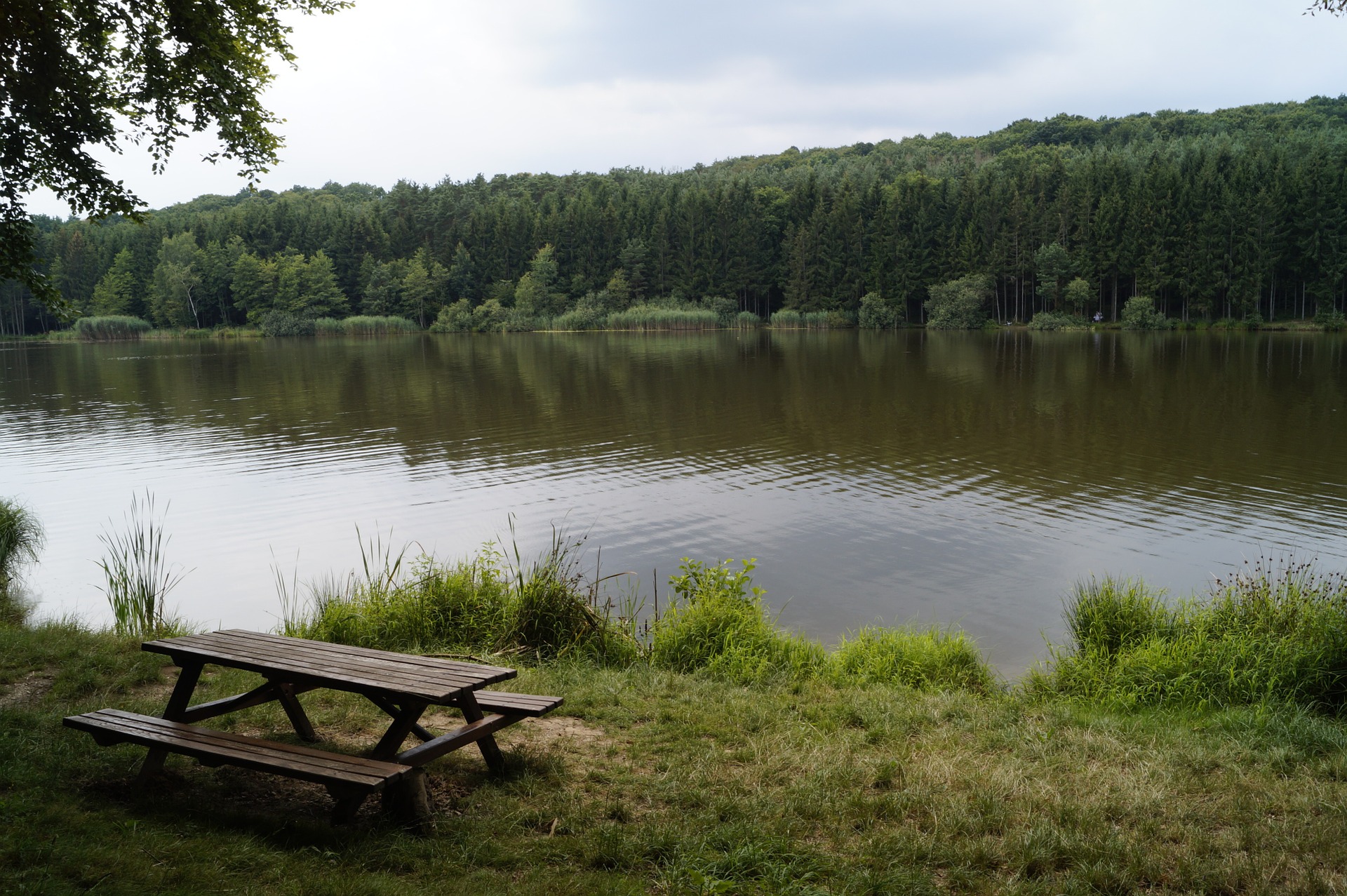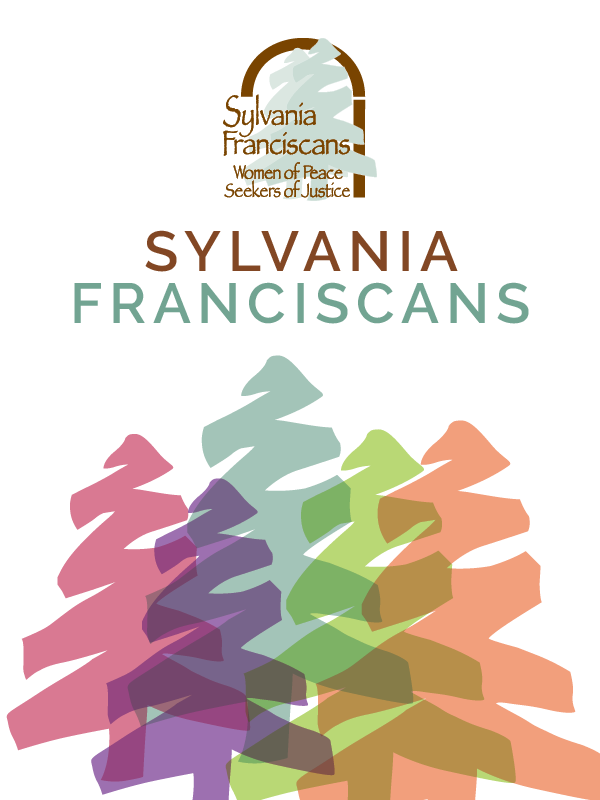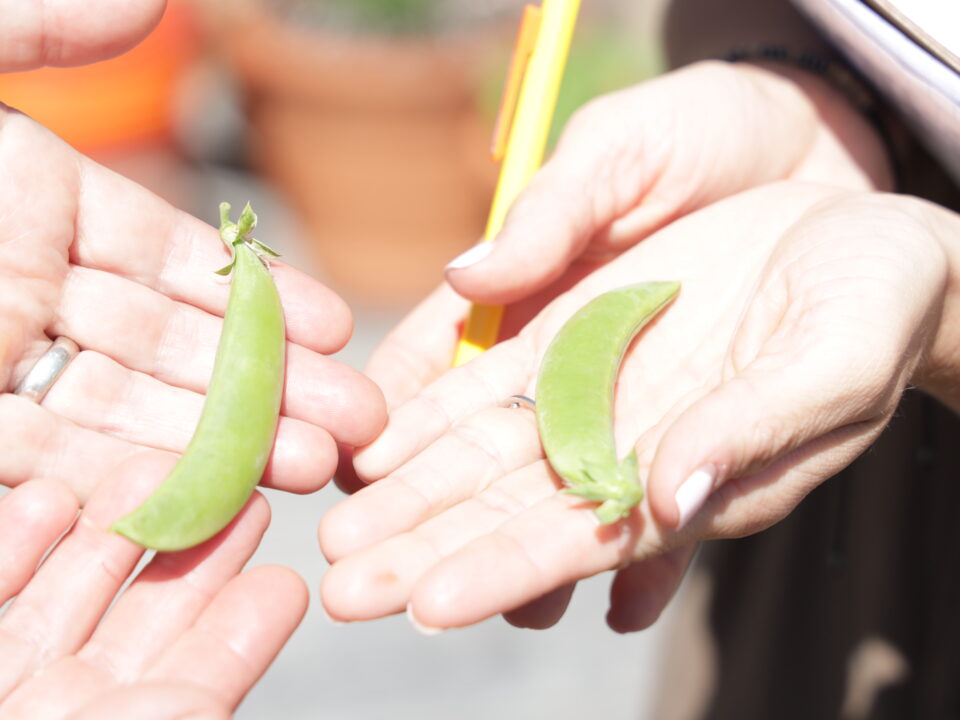
To Build Relationships or Create Division
July 22, 2016
Sometimes It Only Takes a Simple Gesture
August 5, 2016By Sister Lois Anne Palkert, OSF
During his trip to Poland for World Youth Day, Pope Francis will go to the Auschwitz-Birkenau Nazi death camp on July 29, but intends “to go to that place of horror without speeches, without crowds… Alone, enter, pray. And may the Lord give me the grace to cry.” Ironically the month of July begins with the death of Elie Wiesel, the Romanian-born American Jewish writer, professor, political activist, Nobel Laureate, prisoner in the Auschwitz and Birkenau, who died July 2 at the age of 87.
When notified of his death, Prime Minister Benjamin Netanyahu observed: “In the darkness of the Holocaust, in which our sisters and brother were killed-six million, Elie Wiesel served as a ray of light and example of humanity who believed in the goodness in people.”
“Elie Wiesel,” Prime Minister Netanyahu continued, “gave expression to the victory of the human spirit over cruelty and evil, through his extraordinary personality and his fascinating books. He was one of the first leaders who was able to speak up for all survivors of the Holocaust, many of whom were told to forget and concentrate on starting a new life. For many, Wiesel was the voice for the world at large to ‘keep memory alive.”
Wiesel embraced life, made it count by speaking up for those in need, doing something for those who suffer, honoring their dignity, reminding us, “Whenever people live in fear, we must be there.” Like so many others, the prime minister gave thanks that he had been blessed to have known Wiesel, and learned from him, personally.
As guest speaker at the Illinois Holocaust Museum in Skokie, Wiesel reminded guests that “Life is not made of years, but of memories. We need to embrace life, make it count, and stand up for those in need …wherever and whenever living human beings suffer, we must be there. Whenever people live in fear, we must be there.”
Wiesel was awarded the Nobel Peace Prize in 1986. In his acceptance speech he passionately promised to Keep Memory Alive
“I have tried to fight those who would forget, to keep memory alive, because if we forget, we are guilty, we are accomplices. Silence encourages the tormentor, never the tormented. Sometimes we must interfere. When human lives are endangered, when human dignity is in jeopardy, national borders and sensitivities become irrelevant.”
As part of the Millennium Lecture series hosted by the President and First Lady Hilary Rodham Clinton in the East Room of the White House in 1999, Wiesel spoke passionately of the danger of indifference, a word he claims means ”no difference.”
“Indifference can be tempting. It is much easier to look away from victims, to avoid rude interruptions to our work, our dreams, our hopes. For the person who is indifferent, his or her neighbors are of no consequence. And, therefore, their lives are meaningless. Their hidden or even invisible anguish is of no interest. Indifference reduces the other to an abstraction.
Indifference is always the friend of the enemy, for it benefits the aggressor-never the victim. Indifference is more dangerous than anger and hatred. Anger can be creative. Indifference is never creative. Indifference is not only a sin, it is a punishment. And this is one of the most important lessons of this outgoing century’s wide-ranging experiments in good and evil.
There are times when we are powerless to prevent injustice, but there must never be a time when we fail to protest.”
In awarding Wiesel the Nobel Peace Prize, the Norwegian Nobel Committee described him as a “messenger to mankind who through his own personal experience of total humiliation and of the utter contempt for humanity shown in Hitler’s death camps, delivered a message of peace, atonement and human dignity to humanity. He is one of the most important spiritual leaders and guides in an age when violence, repression and racism continue to characterize the world.”
Soon after receiving the Nobel Prize for Peace, Wiesel and his wife, Marion, established The Elie Wiesel Foundation for Humanity. The Foundation’s mission, rooted in the memory of the Holocaust, is to combat indifference, intolerance and injustice through international dialogue and youth-focused programs that promote acceptance, understanding and equality.
Marion Wiesel described her husband as a fighter. “He fought for the memory of the six million Jews who perished in the Holocaust, and he fought for Israel. He waged countless battles for innocent victims regardless of ethnicity or creed. But what was most meaningful to him was teaching the innumerable students who attended his university classes. We are deeply moved by the outpouring of love and support we have already seen in the wake of his passing.
“My father raised his voice to presidents and prime ministers when he felt issues on the world stage demanded action,” Elisha Wiesel, Elie son, remembers. “But those who knew him in private life had the pleasure of experiencing a gentle and devout man who was always interested in others and whose quiet voice moved them to better themselves. I will hear that voice for the rest of my life and hope and pray that I will continue to earn the unconditional love and trust he always showed me.”
Throughout this month we have been inundated with images and experiences of violence, oppression, fighting and furious words. Amid the disturbing images we are reminded that we are all loved by a God of Mercy. According to St Thomas Aquinas, the virtue of mercy pertains to the condition of misery. We act in mercy towards those in misery. God acts in mercy because we, God’s people, are suffering. And we, as Sylvania Franciscans, Women of Peace and Seekers of Justice, have committed ourselves to be “carriers of mercy, reconciliation and peace.”







